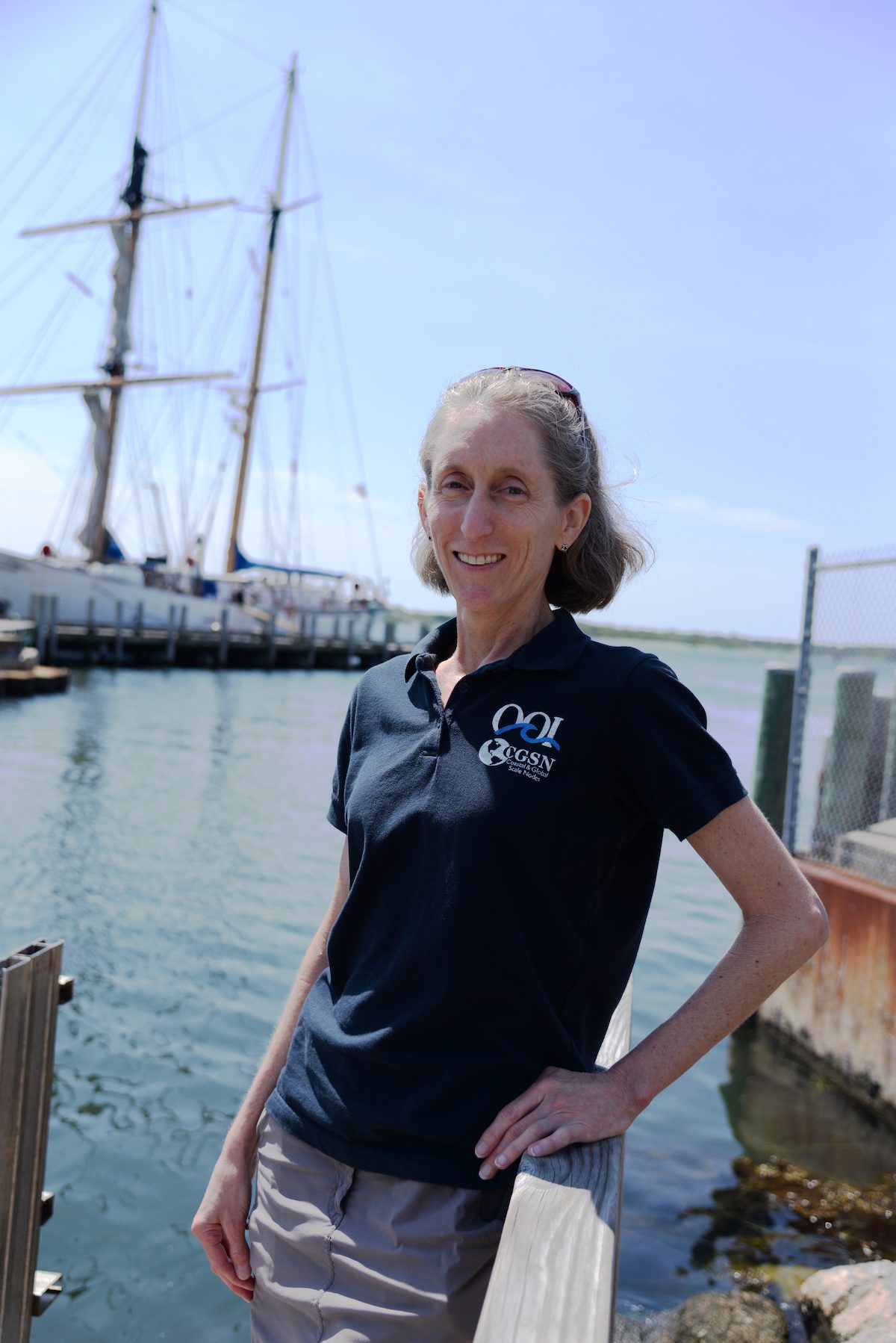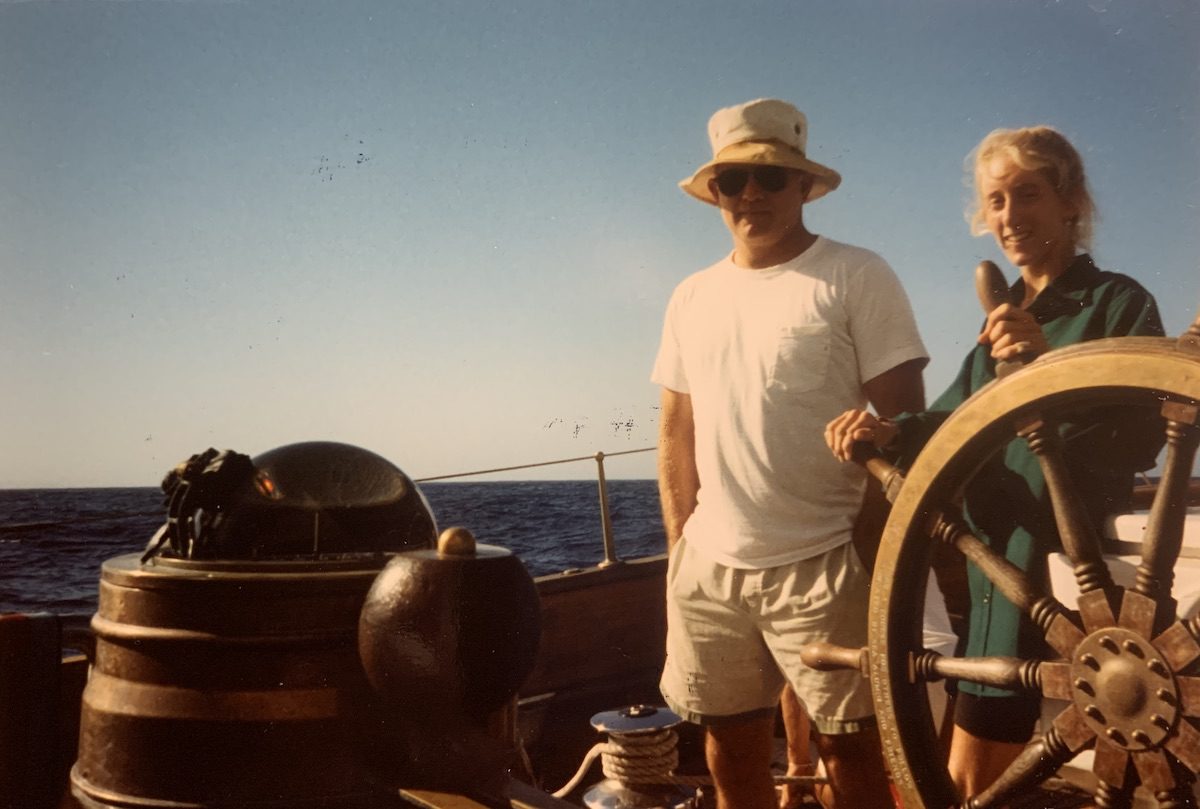Ever since I was six years old, I knew I wanted to be a deep-sea biologist. So as I went through my undergraduate years, I looked for opportunities and found the Sea Education Association (SEA) Semester. And thanks to the donors to SEA at the time, I was able to get a scholarship for a program that included crossing the Atlantic Ocean on the Corwith Cramer from Woods Hole, Massachusetts to Lisbon, Portugal in 1990.
I feel like it was such a rewarding experience. It wasn't just that I learned about oceanography or that I learned about sailing. I learned about maritime culture and about the people that work on the ocean. I gained a lot of respect for that kind of life and work. The combination of traditional knowledge of how to work on a moving sailing vessel and having the hands-on experience with modern equipment is not something you’d get in a regular academic program.
As a deep-sea biologist, the plankton net tows that we did on the Corwith Cramer set me up for knowing about deep pelagic life. I went on to study more about deep pelagic life with ROVs, which were just coming online at the time. Now, more than three decades later, I've done many oceanographic cruises using modern UNOLS research vessels and been to the deep sea with the human-occupied submersible Alvin more than a dozen times. But you know, we're still doing plankton tows, just more complex versions of what we were doing on the Corwith Cramer.
For the last decade, I’ve mentored undergraduates through the Woods Hole Partnership Education Program (PEP) which includes SEA. They get to go on the Corwith Cramer for a one-week cruise where they're exposed to all different types of oceanographic sampling as well as learning a little bit of the nautical science. And honestly, I'm very happy when my students come back and they've done a plankton tow, they've done a CTD cast, they’ve learned to wear their foul weather gear and gloves on deck. They start to get familiar with these over-the-side operations as part of oceanography. And I guess you could say I’ve come full circle too.
Deep-sea biology is a very niche science. But everybody has data, right? So I became someone who can help others with their data. So in that sense, the SEA cruise set me up from the beginning, because you're doing all different kinds of sampling. You're learning how to do even the chemical analysis in the lab, and you're generating many, many types of data. And honestly, that is oceanography: gathering data and putting it together to make a succinct story of what's happening in a place in time.



